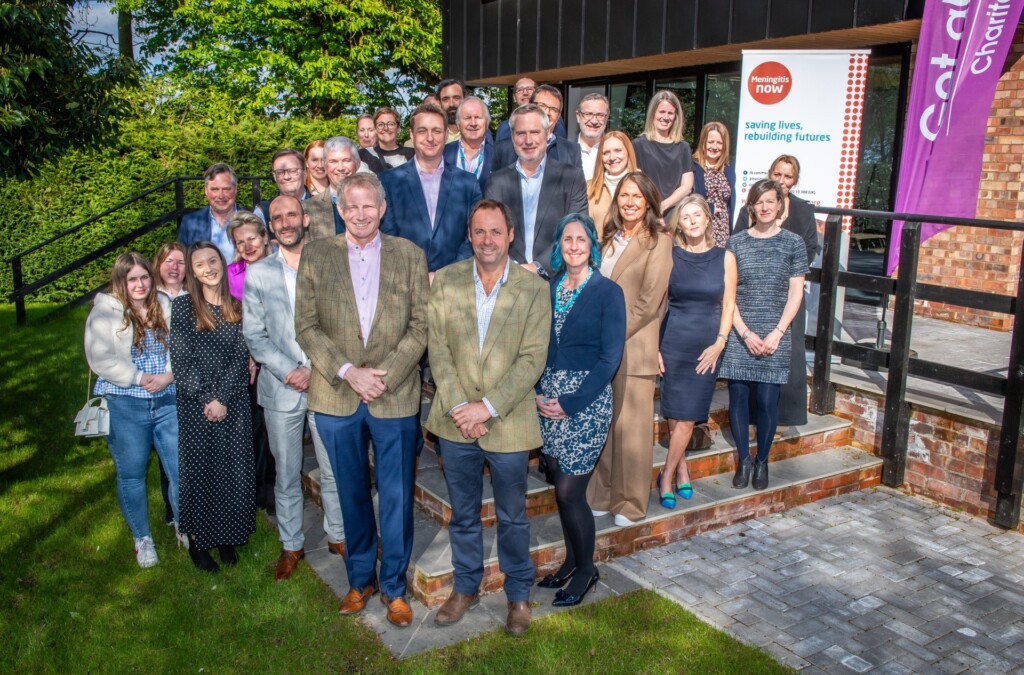Owen Rees, head of Lodders’ Enviro Group, looks at the topic of greenwashing and sets out how companies can best communicate their environmental commitments.

Cases of greenwashing are on the rise, leaving companies increasingly cautious about publicly presenting their environmental claims, in the fear of doing more harm than good to their public perception.
It is clear the issue of climate change is here to stay, and as such, it is all but essential for businesses to communicate their commitments to creating more environmentally sustainable practices to ensure they are doing their bit to reduce the effects of the climate crisis. Many companies now view environmental commitments as an integral part of their CSR (Corporate Social Responsibility) strategy.
However, some companies have presented compelling, yet ultimately misleading information on what they are doing to reduce their greenhouse gas (GHG) emissions, in an effort to appease public and stakeholder interest. Such actions are what are considered as ‘greenwashing’, defined in the Cambridge Dictionary as “behaviour or activities that make people believe that a company is doing more to protect the environment than it really is”.
Accusations of greenwashing have the potential to be incredibly harmful to a company’s reputation with its clients, employees, stakeholders, and the public.
Greenwashing in practice – what does it look like?
Greenwashing cases have come more into the public eye over recent decades as the scientific community and governments have come to realise the catastrophic effects of climate change. Notable examples include the oil giant Royal Dutch Shell misleading customers through its ‘Drive CO2 Neutral’ campaign, giving customers an option to pay to offset their emissions through tree-planting and forest-protection schemes, which many journalists have since claimed has had no clear benefit to the environment.
Swiss food and beverage multinational Nestle’s commitment to making all its plastic packaging 100% recyclable or reusable by 2025 has also been scrutinised by various environmental groups for being an ‘ambiguous’ target, failing to make any substantial progress towards reducing single-use plastics, an issue which they are blamed in part for making a mainstream practice.
How to communicate environmental policy correctly
Whilst it is the international corporations that grab the news headlines, it is equally important for SMEs to ensure they can communicate their commitment to environmental sustainability effectively and accurately. Overstating and misrepresenting undertakings can have severe and long-lasting implications on the company’s reputation with stakeholders, clients, employees, and public perception.
Transparency is the key to avoiding any greenwashing claims being made against them. Any claims made by a company should be clear and easy to understand, preferably with specific data and metrics to back up said claims. They should also be both truthful and believable; past cases have shown that any overly ambitious target will likely bring about more scepticism than optimism.
Third-party certifications such as the ISO14001 certification or B Corp status (among others) are currently the best way of legitimising any public claims that are made, as they have been independently verified against a nationally or internationally recognised standard. Such certifications often require a clear commitment from a company’s top level of management, showing how environmental policy will be incorporated into the long-term strategy of the firm.
What is Lodders doing to minimise its impact on the environment?
Lodders is committed to ensuring its business practices are as environmentally sustainable as possible.
Some of our recent initiatives have included:
- We have recently had our greenhouse gas emissions independently measured by Middlemarch Environmental, who have provided a comprehensive breakdown of our emissions. From this we have produced a Carbon Reduction plan, which outlines new firm-wide policies and measures to help reduce our emissions further.
- Investing in energy-efficient LED lighting across all four of our offices, to reduce electricity consumption, as well as new roofing insulation at our Birmingham office.
- Working with suppliers to ensure all office supplies are as sustainably-sourced as possible, whilst also making internal changes to ensure paper usage and printer ink waste are kept to a minimum.
- Installing two 22kw electric chargers at our head office, alongside introducing an electric car scheme for staff members to help reduce our emissions produced from staff commuting.
We have some exciting plans for further improvements during 2023, and we look forward to sharing the outcomes of both these and our existing initiatives. We are aware, however, that there is still much to do in order to reduce our environmental impact, and will be constantly looking to incorporate any new initiatives and ideas to help reduce it further.
If you’d like to find out more about our environmental commitment and carbon reduction plans, please get in touch with Owen by email here.
Contact usContact us
Need more advice?
For help with a legal problem or more information on any of our services at Lodders, please get in touch with our friendly team. You can contact us via the number or email address below, or fill in the form and we will get back to you as quickly as we can.

Contact a member of the team
Read more
Other news, insights and events







